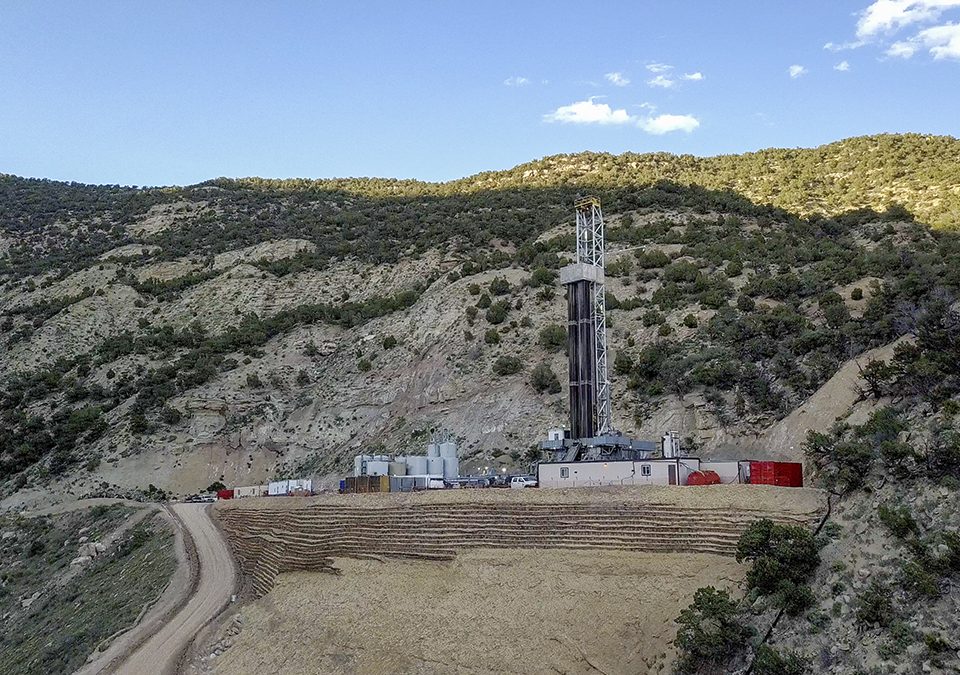Hedging Happens Every Day
June 5, 2018A Sea of Change in Charleston
June 12, 2018Since the Partnership for Affordable Clean Energy joined the National Energy & Utility Affordability Coalition earlier this year, I’ve searched for ways to get smarter about home energy assistance and to deepen the Energy Fairness commitment to consumers. In late May, I attended a “poverty simulation.” Regular readers of the Energy Fairness newsletter know I eschew hyperbole, but here, the description “truly meaningful” fits the experience, a sentiment shared by many other participants.
This is the second time Entergy, the investor-owned electric utility serving New Orleans, and parts of Louisiana, Mississippi, Texas and Arkansas has partnered with Catholic Charities to host a poverty simulation on Capitol Hill. Entergy is uniquely qualified to educate about poverty issues; as noted on its website, “Eleven of the thirty-eight counties with child poverty rates higher than even the poorest U.S. cities are rural counties … in Entergy’s service area.”
It’s no easy task to draw congressional staff, Members of Congress, or lobbyists away from many pressing duties to short events, much less a two hour commitment. However, the poverty simulation drew a packed house of nearly 100 people, including four House members. “It’s a powerful way to help legislators understand the desperation many hard-working families face, which, in turn, can lead to lawmakers’ support of legislation with potential to change the quality of life for low-income Americans,” said Patty Riddlebarger, Entergy’s Director, Corporate Social Responsibility.
Upon entering the event, we immediately noted a jumble of unfamiliar signs and obscure directions. Circles of chairs were placed so closely together it was hard to walk through. Soon, many volunteers looked concerned and said so.
Each had been handed a role to play, a nametag to wear and immediate tasks to absorb a large packet of information. The crowding and confusion were intentionally deployed to jolt us into walking a short way in the shoes of families teetering on the brink of financial ruin.
Each of the half-dozen simulated families had a mix of assets and problems. “My family” had two parents, one college educated and three children, a house and two cars. Sounds ok and sort of All-American, right?
However, our family had an under-employed Mom and a long-time unemployed Dad. The house mortgage was behind and the car that worked had a high monthly note. Income from my full-time receptionist job at $9/hour netted $1350, about $200 less per month than all basic bills combined.
On paper, at first, it seemed somewhat easy to allocate the monthly income and get “Dad” on a job search. But the simulation quickly kicked into gear, with fifteen minute periods standing in for complicated and stressful weeks. Our group of D.C. over-achievers hadn’t had time to read all the rules or create a perfect plan! We had to improvise and hustle, quickly.
To go to work, I had to navigate the crowded room, making sure I had the required transportation tickets (a stand-in for buying gas), show up at work, complete a random assignment while there and stay put for seven full minutes. Across the room, I could see my family handling the unexpected (such as a thief who stole all our pawnable items) but could not leave work to help or communicate. Once off work, I rushed to pay overdue bills or buy food. We quickly faced the choice between paying for utilities and other essentials.
As the weeks wore on, utilities came due, the car got re-possessed, and we were evicted. Transportation was a recurring hassle; lines to pay bills or petition for help were relentlessly long. Service providers such as the bank or police (lobbyist volunteers playing their roles to the hilt) were over-worked and largely unsympathetic. When the fourth week ended, our team was visibly relieved to be done and able to return to normal life.
The simulation achieved what few briefings or white papers can – penetrating the consciousness of busy people and causing them to take on, just for a few minutes, the perspective of many citizens caught in swirling circumstances. In real life, one precipitating event can push a vulnerable individual or family into a cascade of worsening financial and family problems.
Energy costs were just one element adding burdens and uncertainty to poor lives. Walking just a few feet in their shoes can help anyone at the energy policy table better understand that decisions on supply and price have to start with analysis of how the outcomes will hit the most vulnerable among us.
Event photo credits: Elias Kontogiannis, Catholic Charities USA

